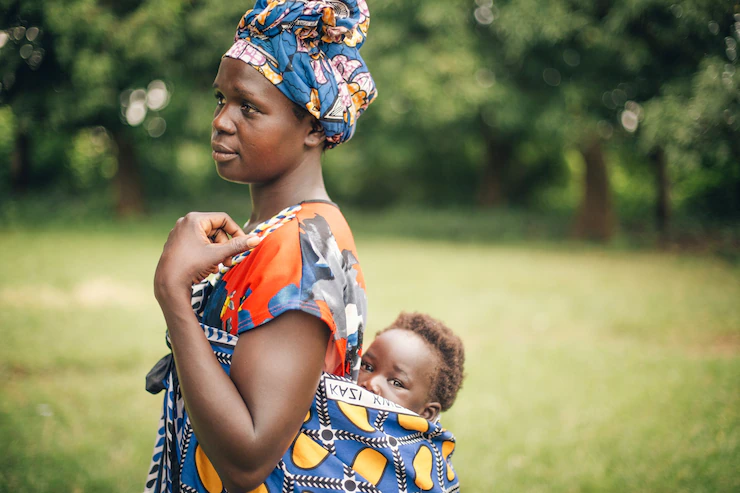Motherhood is a universal experience that transcends cultural boundaries, yet it is also deeply influenced by the traditions and customs of each society. In South Africa, a country rich in diverse cultures and traditions, motherhood holds special significance and is celebrated in various ways. In this article, we delve into the cultural traditions of South African motherhood, highlighting the unique practices and beliefs that shape the journey of motherhood in this vibrant nation.
- Initiation into Motherhood: In many South African cultures, the transition into motherhood is marked by initiation ceremonies or rituals. These ceremonies symbolize the woman’s transformation from a young woman to a mother and often involve prayers, blessings, and the sharing of wisdom from older female family members.
- Naming Ceremonies: Naming ceremonies hold great importance in South African cultures. Shortly after a baby’s birth, families gather to name the child, often following specific naming customs based on their cultural heritage. These ceremonies are joyous occasions that honor the child’s heritage and invoke blessings for their future.
- Extended Family Support: South African cultures value the concept of extended family and community support in raising children. Grandparents, aunts, uncles, and other relatives play significant roles in providing guidance, care, and support to mothers and their children. This extended support network creates a sense of belonging and collective responsibility for the well-being of the child.
- Traditional Birth Practices: South African cultures have a rich heritage of traditional birth practices that vary across different communities. These practices include traditional midwifery, herbal remedies, and specific rituals aimed at ensuring a safe and healthy childbirth experience. Traditional healers, known as sangomas, may also play a role in providing spiritual guidance during pregnancy and childbirth.
- Babywearing and Traditional Clothing: Babywearing, the practice of carrying infants in a cloth wrap or sling, is a common tradition in South Africa. This practice allows mothers to keep their babies close while attending to daily activities. Additionally, traditional clothing plays a significant role in cultural identity, with mothers often dressing their children in garments that reflect their cultural heritage.
- Intergenerational Wisdom: In South African cultures, mothers often pass down ancestral wisdom and cultural teachings to their daughters. This transmission of knowledge ensures the preservation of cultural values, traditions, and rituals, as well as instilling a sense of pride and identity in the next generation.
- Coming-of-Age Ceremonies: Some South African cultures have specific coming-of-age ceremonies for girls, which are often connected to their future roles as wives and mothers. These ceremonies serve as rites of passage and provide young girls with important lessons about womanhood, motherhood, and cultural responsibilities.
- Ancestor Worship: Ancestor worship is prevalent in many South African cultures, with a belief that ancestors play a role in guiding and protecting the family. Mothers may engage in rituals and ceremonies to honor their ancestors and seek their blessings and support in their role as mothers.
- Breastfeeding and Nurturing Practices: Breastfeeding is highly valued in South African cultures, as it is seen as a natural and important way to nourish and bond with the baby. Traditional breastfeeding practices, such as extended breastfeeding and the involvement of extended family members in caring for the child, are still prevalent in many communities.
- Celebration of Motherhood: Motherhood is widely celebrated in South Africa through cultural festivals, community gatherings, and special events. These celebrations provide an opportunity to honor and appreciate mothers, recognizing their role as nurturers, caregivers, and pillars of the family.
Exploring the cultural traditions of South African motherhood offers a glimpse into the diverse and rich tapestry of the country’s heritage. These traditions not only celebrate motherhood but also provide a sense of identity, belonging, and continuity within the community. They remind us of the importance of preserving cultural practices and passing down ancestral wisdom to future generations. South African mothers carry these traditions forward, weaving together the old and the new, as they navigate the beautiful journey of motherhood in their unique cultural context.










